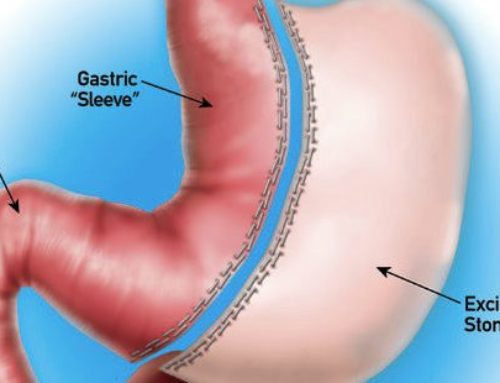Reducing Body Mass Index (BMI) can dramatically decrease an obese person’s risk of diabetes, regardless of initial weight, according to a new study. Scientists at the National Institute for Health and Welfare in Finland found that among people with BMI below 35, 35-40 and 40-45 who did not lose weight after two years, the incidence rates of type 2 diabetes were 6.5%, 7.7% and 9.3% respectively. Among people with initial BMI 35-40, 40-45 and ≥45 who dropped at least five BMI units after two years, type 2 diabetes incidence rates were 2.4%, 2.0% and 3.4% respectively, indicating that lower rates of diabetes can be found among patients who have lost five BMI units through any means.
Weight loss surgery has been shown to be especially effective in both long-term weight loss and resolving diabetes, as demonstrated in the results of a new 2 year interim report of the APEX (Lap-Band AP Experience) study. The on-going, 5 year prospective study found that in obese people with diabetes who underwent Lap-Band surgery, there was significant improvement in glucose control 2 years after surgery. More than 95% of the patients experienced either complete diabetes remission, or improvement in their hemoglobin A1c values, requiring less hypoglycemic medication. According to the researchers, the key predictors of diabetes remission were duration of diabetes, severity of disease, as well as the amount of weight loss. The patients who experienced remission lost more weight following surgery, on average and had been affected by diabetes for a lesser duration. The report highlights the effectiveness of Lap-Band surgery for patients with diabetes, as well as the need for early intervention for optimal results. You can hear more about the health benefits of weight loss and learn more about the Lap Band at a free informational session.







Leave A Comment